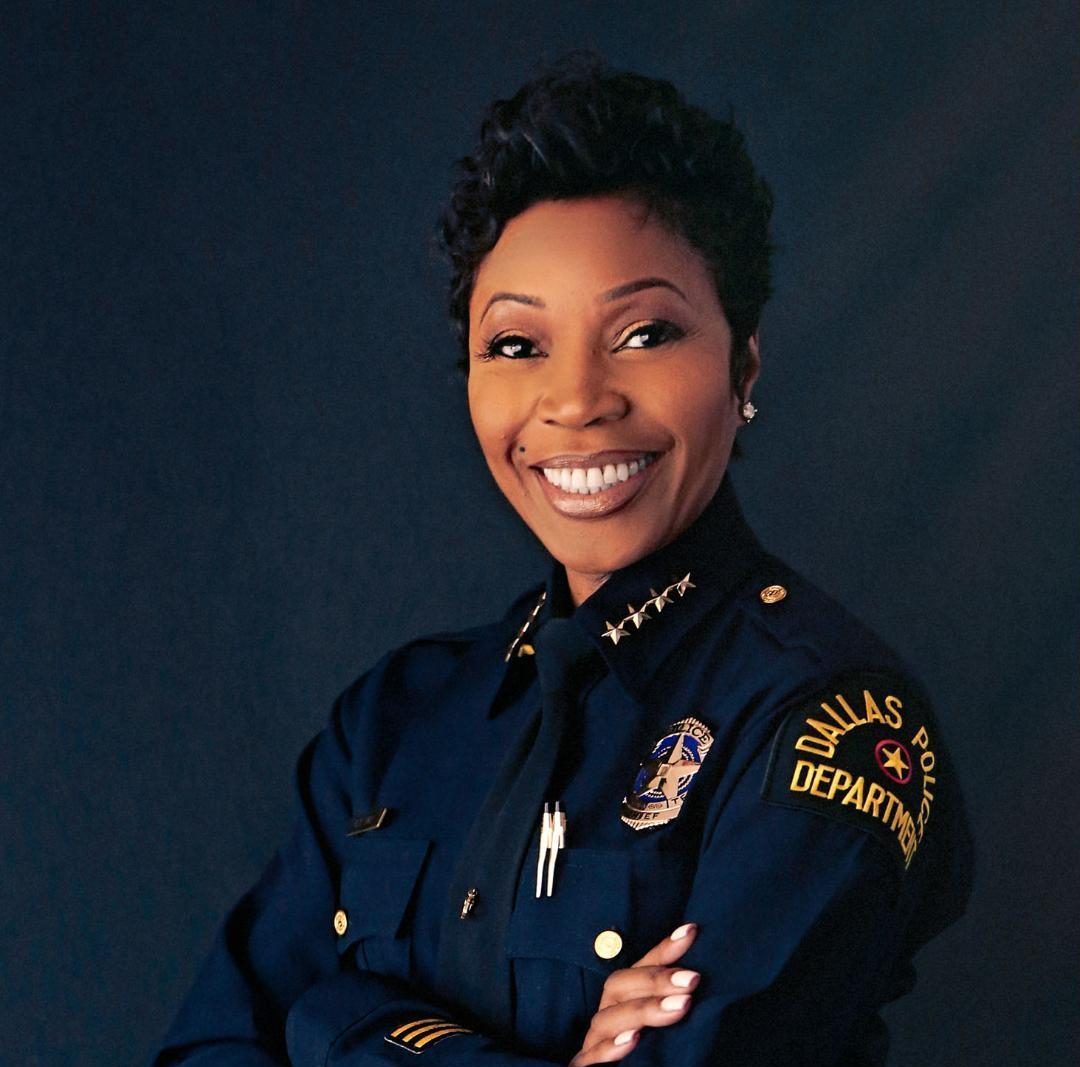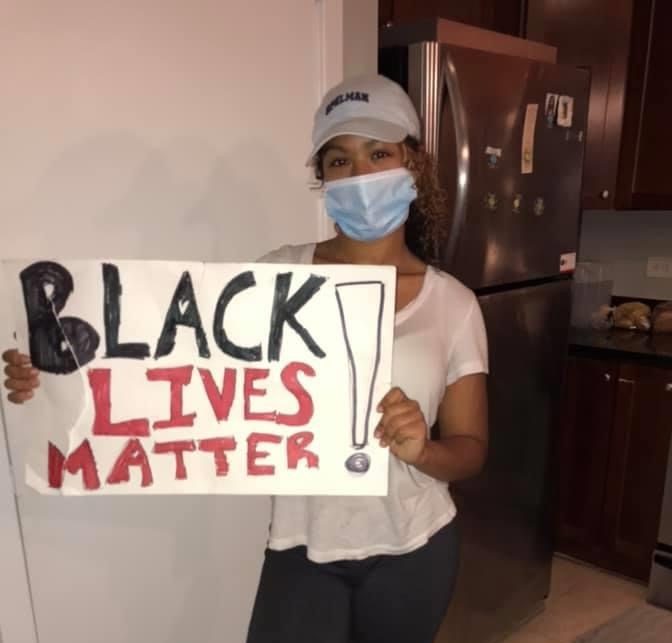
Rolling out talked exclusively to attorney Mawuli Mel Davis about handling police misconduct, legally.
It seems today that we’re hearing more and more about not just police mistakes but outright police abuse. In your opinion, what has gone wrong with policing?
Over-militarization. You have a number of officers who have come back from war and come back with the same war zone mentality. One of the things that has to happen is there must be greater psychological testing for officers who are returning from Afghanistan, Iraq and other military service areas. That’s not the kind of mentality we want policing our cities, interacting with our young people or being present in our neighborhood, because this can lead to very dangerous circumstances. Additionally, with the militarization of these police forces you see more military equipment, more military style training and advanced military weaponry — it creates a mindset about how they go about their duties. Because of this, when we have interaction with citizens and police entries into homes, it becomes more consistent with a war zone than a neighborhood community.
How does a family deal with the aftermath of police misconduct?
The aftermath is devastating because initially, in most police misconduct cases, the victim is also the suspect. These persons are always suspected because the natural inclination of people is to believe the word of the officers, who are sworn to uphold the law, but not break the law. So the person who brings the claim is usually injured, if not killed and there is revictimization of persons who have been subjected to police brutality or police misconduct. This is devastating because you see your loved one or yourself villainized in the court of public opinion. Then the legal battle is so hard that I have seen families fall apart, I’ve seen people just break down physically and mentally just trying to get answers. Because with many of these cases of police misconduct, there is often a lack of transparency involved. So families are left waiting and wondering what really happened which would not be the case if non-law enforcement was involved.
The Department of Justice has recently announced that there will be an intense investigation of the Ferguson Missouri Police Department. As a lawyer, what does this say to you about a police force when the DOJ steps in?
When the Department of Justice comes in, it’s a clear statement that there is something amiss, there is something that is at issue here. So to get the Department of Justice stepping in is a clear indication of the seriousness of the Ferguson Police Department and the seriousness of the issues of the Ferguson Police Department that are being looked at under the Obama administration and the federal government. This is a Police Department that lacks diversity and how the culture of interaction with the citizens of Ferguson shows an absolute disconnect. They [Ferguson police] are akin to an occupying military force rather than a neighborhood public safety organization and that clearly is what is raising concern across the country. Examining the climate and environment of not only the killing of Michael Brown but of the way the protesters were being handled by law enforcement is important. So the totality of the circumstances are not just the killing of Michael Brown but also the ongoing continuance of disrespect, understanding and concern over the feelings of the community and the interests of the desires of the community. These have to be addressed if they’re going to come close to having some type of resolution in the future.
The Ferguson court system made well over $2,635,000 in 2013 on court fees and fines. The black community seems to be getting, for lack of a better word, pimped through the legal system. Is this unique to Ferguson or have you seen it elsewhere?
We have seen where small towns, small suburbs have a lot of speed traps. They do every little thing to put people on probation or pile on charges. That is our very concern that we have even in Georgia.
Cellphone video has been instrumental in exposing police misconduct. In Georgia, can you film a police officer and does the officer have a right to demand your phone?
You can film a police officer in Georgia as long as you are not obstructing the arrest or interfering with the officer in any way. However, we encourage people to not create a dangerous situation for the officer, themselves, or the person that the officer is engaging. What you don’t want is a situation that becomes escalated or dangerous because people are standing right over the officer trying to film. We encourage that when people are able, record audio or video and document in some way. No, the police cannot just demand your phone for taking video.















